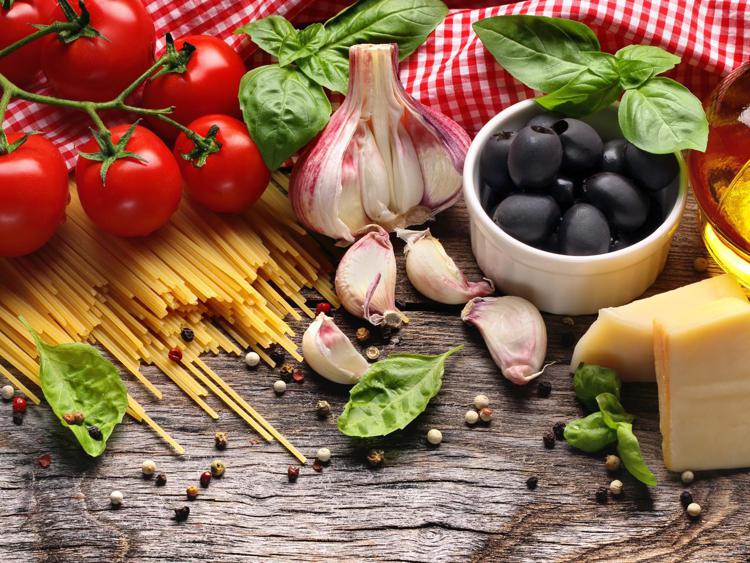

The Mediterranean diet is crucial for achieving the Agenda 2030 sustainable development goals and must be safeguarded and promoted, and event organised in Rome on Wednesday by Italy's government and the United Nations Food and Agriculture Organisation seeks to show.
The event - the first of a series of Mediterranean diet-related events - focuses on the origins, history, traditions and landscapes of the Mediterranean diet, and the principles, FAO said in a statement.
The Mediterranean diet is low in saturated fat, favouring olive oil rather than butter and typically featuring plentiful quantities of fish, fresh fruit, herbs and vegetables.
Wednesday's event aims to deepen understanding of the Mediterranean diet and raise awareness on how it can help achieve the 17 Agenda 2030 goals (which unanimously approved by 193 UN member nations in 2015), the statement said.
Mediterranean diet-related experts ranging from anthropologists to nutritionists and representatives from Italy's foreign ministry, UN agencies and from universities are attending the event, the statement noted.
"The Mediterranean diet promotes local food production and consumption patterns. It encourages sustainable agriculture, safeguards landscapes and has a low environmental footprint," said FAO Director-General Qu Dongyu in opening remarks to the event held at FAO's headquarters.
But the Mediterranean diet like many other traditional diets around the world, is being lost to modern eating habits - an increasing reliance on "easy eating" options provided by supermarket ready meals and fast-food outlets, Qu warned.
Population growth, globalization, urbanization and economic pressures are all causing changes in our food systems, diets and consumption patterns. These lead, in turn, to unhealthy diets with "worrying" effects on people's health and countries' economies.
This is why initiatives protecting and supporting traditional healthy diets, such as the Mediterranean diet, are to be commended and knowledge of these diets must be increased, Qu stressed.
"Ultimately, sustainable and heathy foods are good for the body and the soul, and are the basis for people to have a productive, healthy and happy life," said Qu Dongyu.
With funding from the Italian government, FAO and Italy have been working to increase take-up of the Mediterranean Diet in Lebanon and Tunisia. The knowledge gained through this work will be incorporated in polices to promote the Mediterranean Diet more broadly, said the statement.
FAO recognises the importance of traditional and indigenous diets across the world, highlighting their benefits and supporting their protection.
As part of the UN Decade of Action on Nutrition, FAO, Italy and its partners will launch the Action Network - a group of UN agencies and member countries - to foster policy dialogue and enhance local action on traditional, healthy and sustainable diets, the statement added.
And the theme of this year's World Food Day - coinciding with FAO birthday on 16 October - is dedicated to promoting healthy diets.
The importance of traditional diets as a central element of cultural heritage is also reflected in the Globally Important Agricultural Heritage Systems that FAO established in 2012, the statement pointed out.
Meanwhile, Italy's Soave Traditional Vineyards and the Olive Groves of the Slopes between Assisi and Spoleto - were recently added to the list of "outstanding landscapes of aesthetic beauty that combine agricultural biodiversity, resilient ecosystems and a valuable cultural heritage."
The Mediterranean diet-related events to be held between September 2019 and the end of 2020 all aim to boost uptake of the Mediterranean diet. The events will also look at how various aspects of the Mediterranean diet can be included in FAO's work on food security and nutrition, food safety, sustainable food systems, biodiversity, food loss and waste, and agricultural innovation.